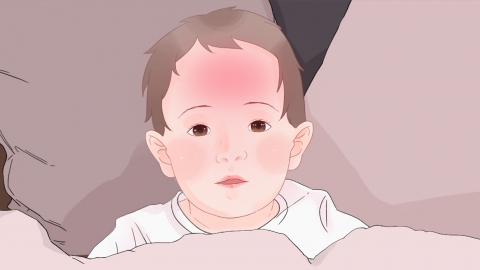What are the early clinical manifestations of tuberculous meningitis in children?
Generally, tuberculous meningitis is the most severe type of tuberculosis in children. The early clinical manifestations are often atypical, mainly including altered mental status, fever, loss of appetite and weight loss, headache, and sleep disturbances. Parents should closely monitor their children to detect these symptoms in a timely manner. The specific manifestations are as follows:

1. Altered mental status: In the early stages, children often exhibit lethargy; once active children become sleepy, quiet, and lose interest in toys, games, and other previously enjoyable activities. Some children may display irritability, frequent crying, significant mood swings, and are difficult to comfort.
2. Fever: Most children develop low-grade fever, with body temperature usually between 37.5°C and 38.5°C. The fever is typically persistent, slightly rising in the afternoon or evening and decreasing slightly in the morning, but rarely returning to normal levels. Common antipyretic medications are often ineffective, and fever symptoms tend to recur.
3. Loss of appetite and weight loss: Children show decreased interest in food, eat significantly less, or even refuse to eat. Due to prolonged poor appetite and insufficient nutrient intake, children gradually lose weight. Some may also exhibit pale complexion and dry skin.
4. Headache: Older children can clearly express headache symptoms, often describing persistent dull pain with shifting locations. Headache may worsen upon waking or after crying. Younger children cannot accurately express their discomfort and often display signs of head discomfort indirectly, such as frequent head shaking, hitting their heads with their hands, and irritability.
5. Sleep disturbances: Children's sleep patterns become disrupted, potentially causing difficulty falling asleep and frequent crying before sleep. Some children may appear excessively sleepy, even during the day, but their sleep quality is poor, easily awakened by slight noises, and they remain tired and lack energy after waking.
Parents are advised to closely monitor their child's mental status, eating habits, body temperature, and sleep patterns in daily life. Attention should be paid to maintaining good ventilation in the child's living environment, ensuring adequate rest, avoiding excessive fatigue, and providing nutritionally balanced meals to help maintain the child's overall health.




